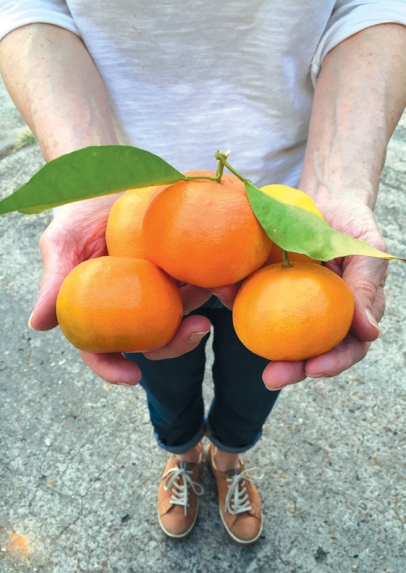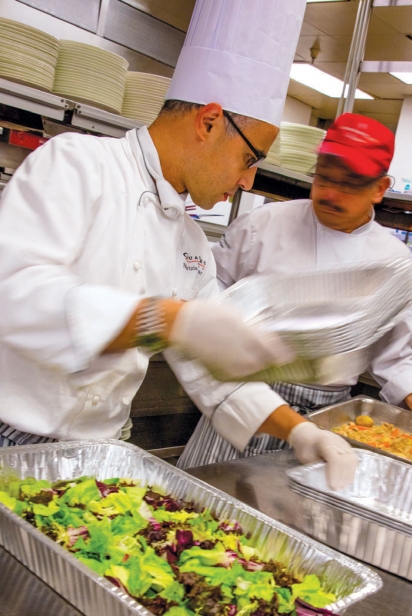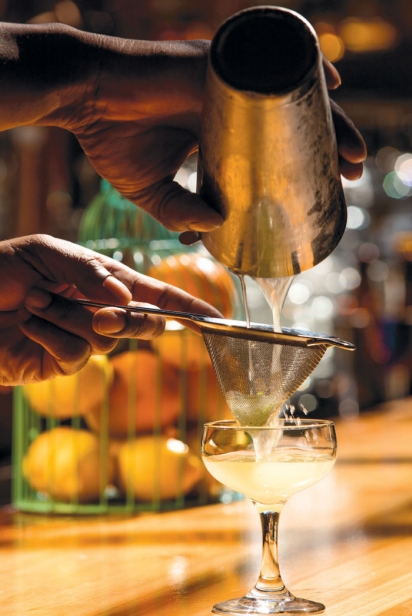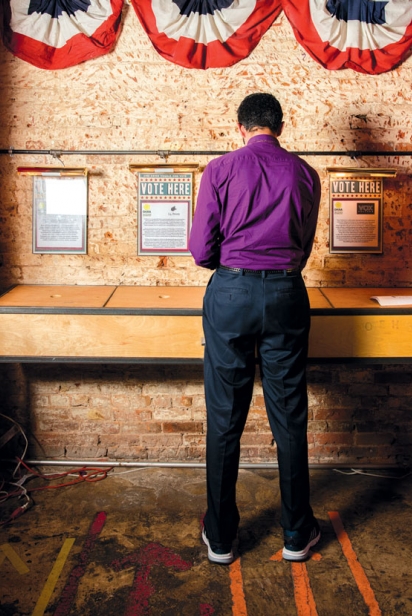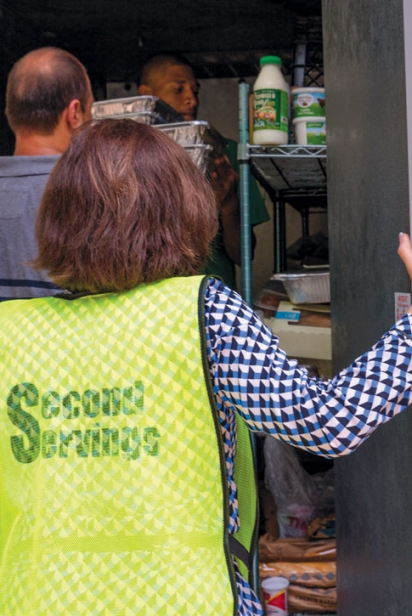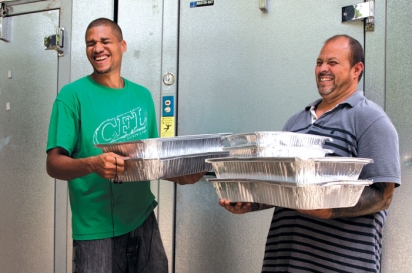It’s the Season for Giving
Local nonprofits working to feed their neighbors
Houston’s identity as a food destination just keeps growing, with residents dining out more each week than in any other city in America. But our appetite for giving is equally impressive, taking many different forms. At this time of the year devoted to showing gratitude and caring for others, it felt appropriate to showcase a few of the food-related nonprofit groups that have found inventive ways to give back 365 days a year in Houston.
Fruit Share Houston
Each winter, citrus trees in the greater Houston area sag under the bounty of ripe grapefruit, oranges, lemons and limes waiting to be picked. Some trees get so large it’s tough for owners to reach much of the fruit. Some fruit tree owners aren’t able to get out and tend trees. It’s not unusual for much of the citrus and other locally grown fruits in Houston to fall to the ground unused.
Fruit Share Houston capitalizes on the overflowing bounty of the Bayou City’s numerous citrus trees, sending volunteers and equipment to harvest fruit, which is then distributed to people in need. A couple who live in The Heights neighborhood, Karen Gordon and Kent Keith, began reaching out to neighbors about harvesting the bounty in 2013. With ladders strapped to the top of their compact car, they enlisted help from friends and collected more than 8,000 pounds of fruit for 400 needy families.
Last year, the numbers doubled, as word spread about the group. They’ve acquired some equipment, become a part of the nonprofit Neighborhood Centers, Inc., group, and are generally willing to go wherever they’re called in the Greater Houston area. “It seems like it’s taken on a life of its own without our really promoting it,” Gordon says. About 5% of the trees picked have been referred by “complete and total strangers” who have contacted her online, Gordon says. The group is always looking for spotters in far-flung neighborhoods who know of potential overloaded trees, and especially those who are willing to hand out flyers explaining what the group does.
Volunteers can support the abundant harvest by donating equipment, time, resources or all of the above during fruit-collecting season, October through April. In exchange for the fruit of their labor, they’ll have the gratitude of hundreds of families sitting down to meals inspired by juicy, healthy citrus.


